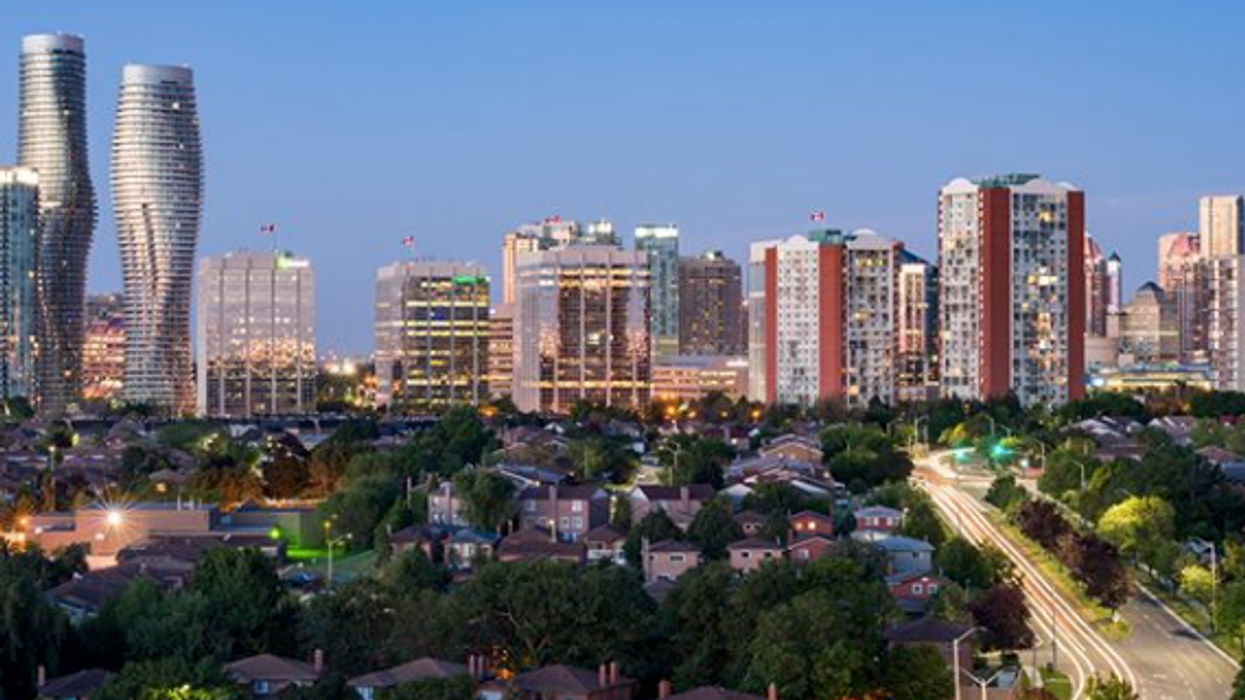Canada’s lack of affordable housing was a major election issue in October.
Now, Statistics Canada has confirmed that rental costs are continuing to rise with a 0.8 per cent increase in October, and 2.5 per cent increase from this past January.
This year, Statistics Canada updated its methods for tracking rent-related data – a change that better reflects a quickly-shifting marketplace. But residents are ultimately feeling the crunch between the pressures of increasing rents and decreasing vacancies, a nation-wide problem that is funnelling many Canadians into an already-taxed shelter system.
“Our view is that the current method is much more realistic, and is a much more accurate depiction of the actual change in rental costs that tenants are facing,” said Douglas Porter, chief economist at Bank of Montreal told the Globe and Mail.
READ: Mississauga Is The Fourth Priciest City In Canada For A One-Bedroom
Despite the surge in purpose-built rental developments after decades of slow growth in this segment, construction still outpaces demand and there’s no catch-up in sight.
A prime example is Metro Toronto, where about 8,000 purpose-built rental units are currently under construction, but whose population has increased by roughly 150,000 over the past year.
But as vacancies have dried up, rents continue to skyrocket in markets across the country.
From province to province, the percentages vary, but the trend towards increasing rents is undeniable.
READ: McKenna, Hussen New Ministers Overseeing Key Housing Issues
In Kelowna, B.C., the average rent for a two-bedroom apartment jumped 9.4 per cent in 2018 from a year earlier, CMHC data show. In Victoria, B.C., and Peterborough, Ont., it climbed 7.6 per cent. And in Oshawa, it rose 6.1 per cent. (Data reflect the wider census metropolitan areas.)
In the meantime, the average rent for a Toronto apartment holds steady at $2500.
In the recent November National Rent Report from Rentals.ca., eight locations in the GTA are in the Top 10 of most expensive places to rent.
Toronto is No. 1, of course, is No. 1. But Mississauga, the second largest city in the GTA, is now fourth, up two spots from last month’s report.
It will now cost you $1,988 to rent a one-bedroom in Mississauga (in the report analyzing September rates, a one-bedroom rented for $1,907).
While rents vary widely across the country, the vacancy rate for purpose-built units dropped to 2.4 per cent in 2018 from 3 per cent the year before, according to the Canada Mortgage and Housing Corp.
READ: The Commute From Kitchener To The GTA Could Soon Be A Lot Easier
In part, this is due to the large number of people coming to settle in Toronto – that includes Canadian-born citizens and immigrant populations. Many international students also travel to big cities for college and university.
And despite investors pouring funds into purpose-built properties , a lot of recent rental construction is for luxury units, said David Macdonald, senior economist at the Canadian Centre for Policy Alternatives (CCPA).
“The market, left to its own devices, will build units for rich people," Macdonald told the Globe and Mail.
READ: GO Expansion Is Already Having A Big Impact On Niagara Housing Prices
"However, we also need a lot of new units for middle-class people that live and work in places like Toronto and Vancouver, but likely can’t afford the rent as it stands.”
While developments are in progress, they just can’t be completed quickly enough.
“We’re still under-building [in Toronto],” Shaun Hildebrand, president of research firm Urbanation, explained, “Even though we’re seeing the level of development ramp up, it’s coming off of a depressed level, right? So the numbers all look very exaggerated.”
Good news for developers, bad news for residents looking for affordable housing.





















